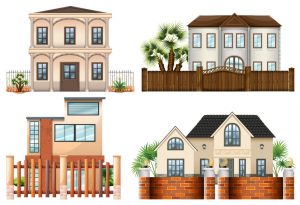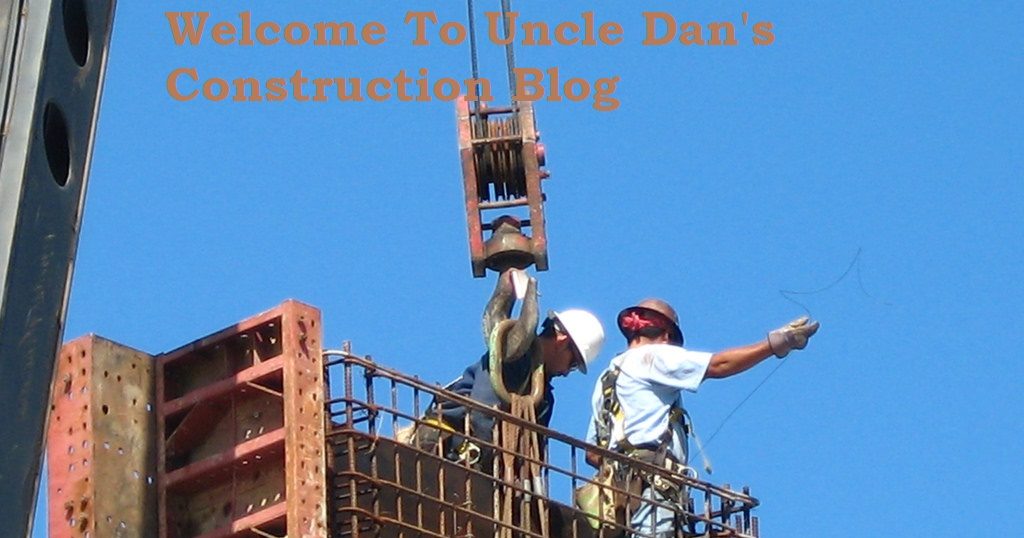Choosing the best option out of the many material varieties used for Denver fencing is no small task. The set of factors to consider is usually complex and includes all sorts of considerations, from the climate to the price and from the aesthetic appeal to functionality and durability. To make the choice easier for you, here are some aspects that you should bear in mind when weighing the pros and cons of the different fencing materials.
The Price
Like it is the case with most building materials, natural fence materials, such as cast and forged iron, wood and natural stone are usually the most expensive, while synthetic materials, such as vinyl are the cheapest. The mid-section of the price range in the case of fencing is occupied by composite fencing – an attractive and durable solution suitable for almost any application, from residential uses to commercial fencing, from privacy fences to perimeter fencing. The range of the cheapest materials includes not only vinyl, but one of the most durable and strongest fencing solutions used today: chain-link.
The Climate
Not all fencing materials are suitable for all climate areas or, more precisely, any material can be used in any climate area, provided that it receives adequate maintenance. While vinyl and composite fencing can resist almost any weather (the only thing that they do not take well is very strong impact), wood fences need regular inspection and care to avoid any damage caused by the weather, such as rot (caused by the exposure to excessive moisture), drying and fading (caused by harsh UV radiations) and insect attacks. Masonry fences can resist pretty much anything and so do chain-link Denver fences. Cast iron and forged iron are prone to developing rust, so they need regular inspection, cleaning and maintenance.

Aesthetic Appeal
Some Denver fences are more suitable for being used to delimit the front of properties, where curb appeal is important, while others fulfill only practical roles and are more suitable for fencing that does not need to fulfill an aesthetic role. The best examples of the previous category include wood, masonry, wrought, cast and forged iron and composite fences, while the materials that most typically belong to the latter category are chain-link and barbed wire.
Considerations Related to Installation, Maintenance and Repair
Fencing materials are different in terms of the complexity of the installation process and of maintenance needs as well. While vinyl and chain-link are easy to install, they don’t need any special maintenance other than occasional inspection and cleaning and can be correctly installed without any previous fence installation experience, wood fences need regular cleaning, meticulous inspection and regularly applied coatings to protect them from the harm caused by the weather and rodents. Iron fences also need to be coated and painted regularly to prevent rust and they also need to be installed by professionals. Masonry fences are also types of delimiters that require professionals to build, but they are very resistant and durable, therefore they don’t need too much maintenance and they are very easy to repair.
